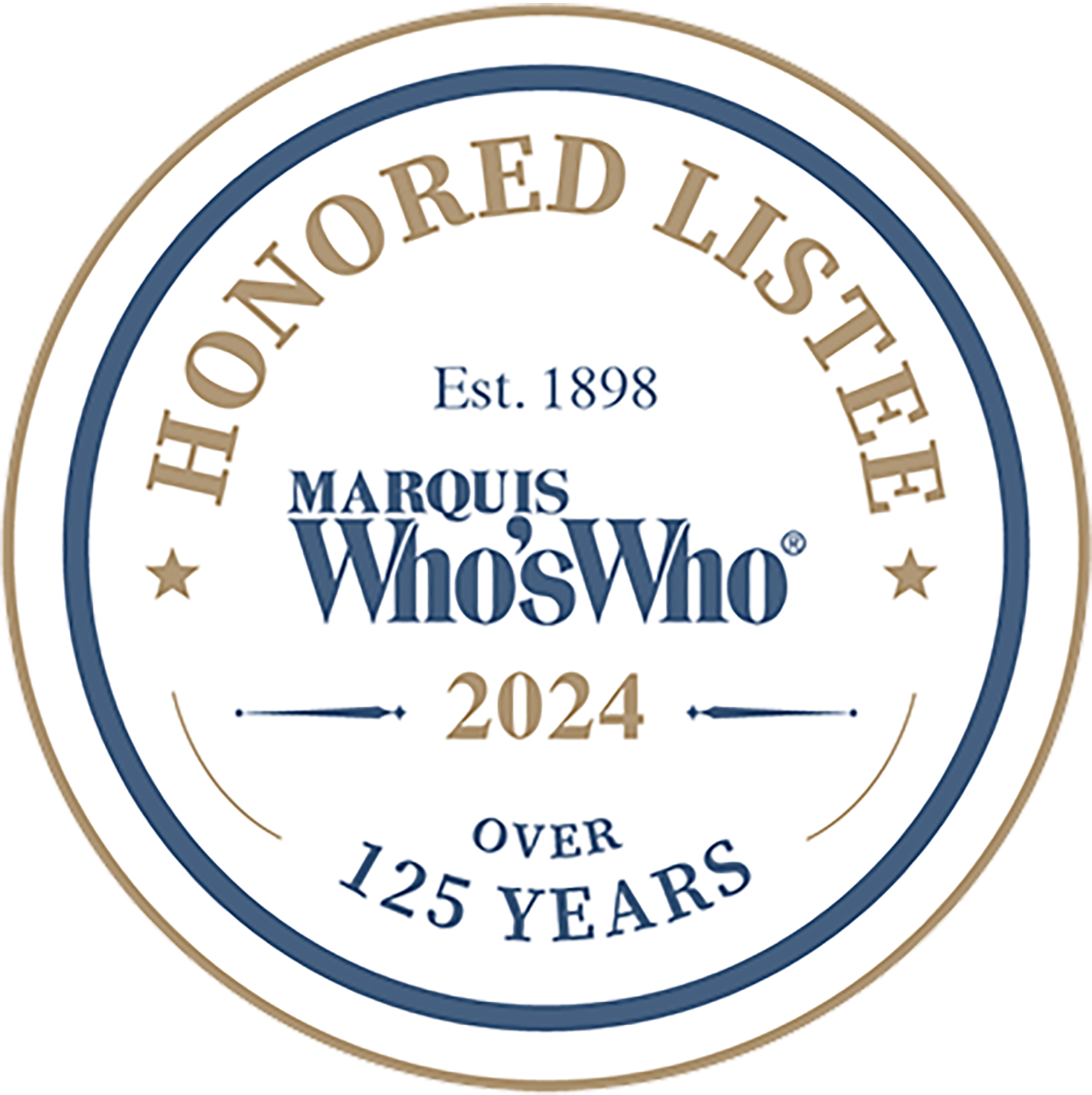AngelCity
BusinessDevelopment
AngelCity
DigitalMarketing
BusinessDevelopment
The Angel City
Blog & Articles
The Angel City Blog

Why Your Outbound Marketing Sucks And What to Do About It (Slow Down to Go Fast)
"Marketing is no longer about the stuff you make, but about the stories you tell."
– Seth Godin
TL;DR: Outbound marketing is losing its effectiveness as consumers become overwhelmed by spammy, impersonal tactics. To stand out, businesses should focus on building "Marketing Leverageable Assets" (MLAs) such as testimonials, social proof, and community involvement. These trust-building assets create long-term value and make your marketing more genuine and impactful. Slow down, build trust, and watch your marketing efforts pay off in the long run.
Better, faster, stronger, cheaper.
That seems to be today’s expectation. With so many options to market your business, everyone is offering something better, quicker and more impactful all for less.
But what if I told you that this trend won’t last? What if the tide is turning?
It is, and we need to take heed very quickly. The internet took us all by storm over twenty years ago. Then it was smart phones and social media. Now, businesses are leveraging the internet to rapidly increase their exposure and outreach. At first, it was great for them. In fact, I’ll say it was good for consumers as well. It meant easy access to what we loved, personalization of ads so that we were shown what was relevant to us (even though it was a little creepy at times), and simple ways to stay connected to the brands we followed.
But the winds of change are blowing, and consumers are beginning to be jaded by the inundation of online marketing tactics. More businesses are using online marketing, so people are being bombarded with junk mail, spam calls, advertisements slowing down website speeds, and having our inboxes flooded with dozens of company newsletters we never read.
Because of this, those expedient marketing tactics aren’t working anymore. They don’t seem genuine because everyone is doing them to sell us something. And even though I run a marketing consulting firm, I am a consumer, too, so I understand the struggle for consumers feeling overwhelmed as well as businesses trying to market their products in the digital age.
So, how do businesses make their marketing effective again? How do they position themselves as a unique voice in a sea of spammy, annoying marketing tactics.
The solution is we need to go deeper. This doesn’t mean we need to deepen our sales cycles, making a 14-day cycle now a 28-day cycle. It means we need to focus on what I have coined Marketing Leverageable Assets (MLAs).
The idea of MLAs is not exactly new, but the idea of having a category for them, to my knowledge, is original. MLAs are a form of assets that brands take the time to develop in order to leverage them to facilitate conversions, typically in the form of providing some sense of trustworthiness, authority, and credibility. Celebrity endorsements, for example, is an example. Leveraging a celebrity testimonial goes a long way for a brand. This is why we see many celebrities sponsor different products. Brands know the power of familiarity to build trust. (The photo shows me with retired soccer star Kaká, whom I met at an exclusive event where I, along with a small group of experienced players, entertained notable guests. As a soccer player, this is one of my most memorable celebrity moments.)
But what about brands that don’t get clients who are celebrities or can’t afford celebrity sponsorships or endorsements? There are plenty of other ways to build your arsenal of leverageable assets.
Focusing on establishing online presence through strong and consistent social media posting, blogging on your website, optimizing for search engines and searchability, documenting your community outreach, podcasting, answering questions online (like on Quora), joining communities and providing value, offering free value to consumers or working pro bono, requesting reviews from past customers, conducting a TEDx talk, partnering with a micro-influencer to either endorse your business or interview you (usually much cheaper than major influencer but can still have ten thousand followers). All these can be leveraged to build trust in your brand.
Slow Down to Speed Up
These tactics are foundational and not very sexy. They don’t get you a lot of business at the time, so what benefit do they have?
If you’ve ever tried to launch cold outreach campaigns as a new business, you know the struggle is very real. New businesses have no case studies, social proof, or testimonials. And there’s usually a strong inclination to go as fast as you can.
But brands, no matter where they are in their lifecycle, are never too big or experienced to establish (or reestablishing) their MLAs. In fact, revisiting old assets may spark new ways to utilize them. The market is always changing, so one asset you thought was irrelevant two years ago may be trending now.
Go back to old clients and ask for testimonials. If you really helped them out, they usually will be glad to give you a quote to use (sometimes, you can even give them an outline). Check out that blog article you wrote about a few years ago and consider reposting it. Make a video about a tool, resource, or project you worked on and post it on YouTube and your website.
Once you have some MLAs established, now what? Now our marketing tactics need to be centered around leveraging these trust-building elements. They’re no use to us if we create them and don’t showcase them in some way. Dr. Assil is a world-renown LASIK surgeon in Beverly Hills. He’s worked on the likes of Brad Pitt, Dwayne Wade, and Lebron James. But if he never showcased those testimonials, then they would not benefit him at all.
Using MLAs in outreach is the best way to establish trust. Leverage a key testimonial in email campaigns, post about the volunteer project your team did on social media and encourage your team to do so as well (everyone tagging each other), share with local media about community outreach initiatives you plan to do, are doing, have done, or are sponsoring. There are endless ways to show your audience that your brand has trustworthiness, authority, and likability.
What’s great about these assets is that they are incredibly versatile and evergreen. What I tell prospective clients about my methods is that MLAs never die. Once you build them, they are like a storehouse of value for you. They are investments into the effectiveness of all future campaigns.
Most businesses have MLAs they don’t even know about—things they’ve done they didn’t know they could leverage to build trustworthiness. Most businesses think about things like testimonials and case studies. But side projects, pro bono activities, and other work that is not considered “related to your operations” can still have the effect of building trust.
I have plenty of videos on YouTube and my portfolio that showcase my expertise even though they have nothing to do with what I’m doing now. But the point of them is that people can put a face to my brand. They can watch me for hours explaining how to use different software more effectively like Excel, Google Sheets, Apps Script, Zapier, Gmail, and AI tools.
I’ll end with this: Even though it’s tempting to simply start marketing without thinking it’s important to establish MLAs or without believing you have something that can be used as MLAs (if you’re starting out), please reconsider.
Your marketing campaigns will be multitudes more effective if people can see more to your brand than what you’re trying to sell.
If you’re looking for a team that specializes in building MLA-based outreach campaigns and would like a free audit of your processes, feel free to DM me or reach me here:
[email protected]



